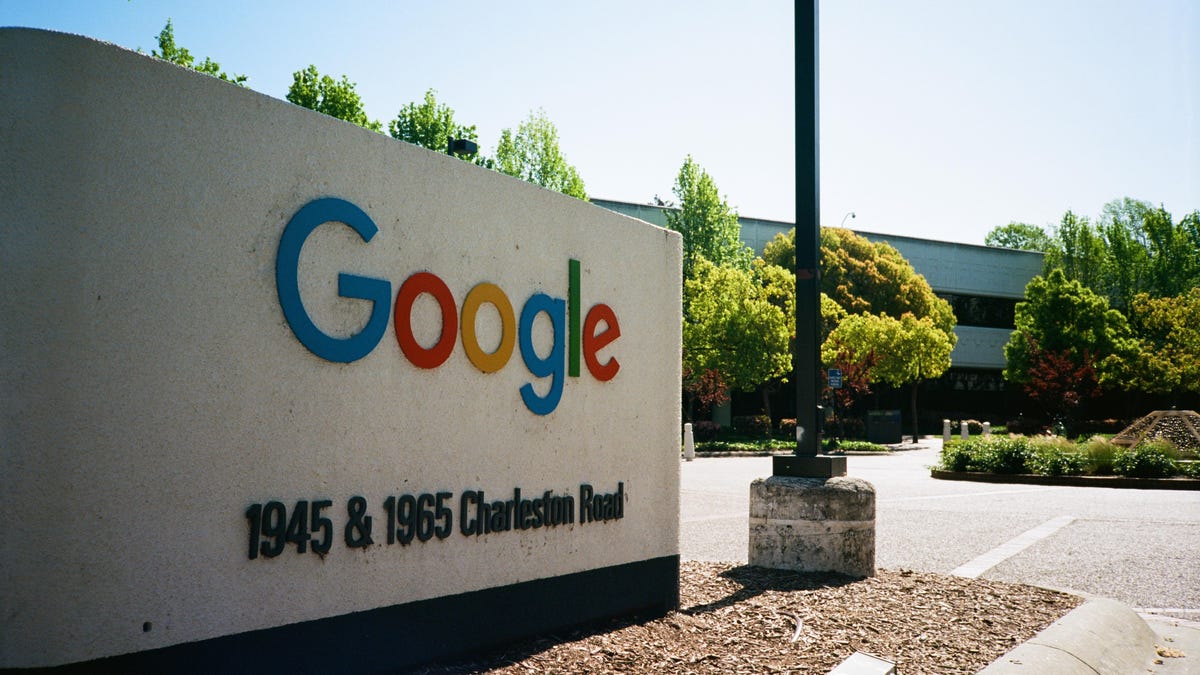Google's data-gathering app may have also violated Apple's policies
The search giant took advantage of a program from Apple designed for internal app distribution.

Google , like Facebook , may have violated Apple's policies with an app that collects user data.
The search giant's Screenwise Meter app, launched in 2012, invited users aged 18 and older to earn gift cards in exchange for letting Google monitor and analyze their data. The company sidestepped the App Store and took advantage of a program the iPhone maker had designed for companies to internally distribute apps, according to a Wednesday report by TechCrunch.
In response to the report, Google said it was shutting down the app on iOS devices.
"The Screenwise Meter iOS app should not have operated under Apple's developer enterprise program," a Google spokeswoman said in a statement. "This was a mistake, and we apologize."
The search giant's decision to close the app comes a day after Facebook landed in hot water for creating a similar app that gave users between the ages of 13 and 35 payments of $20 a month in exchange for their phone and web activity. Facebook accessed the data after users installed the "Facebook Research" VPN app.
The pay-for-data apps are the latest cause for scrutiny of tech company's privacy practices. Last year, Facebook was hammered for failing to keep the personal information of its more than 2 billion users safe after news emerged that Cambridge Analytica, a UK consultancy, had acquired data without users' knowledge. Similarly, Google has been criticized for collecting location data on Android phones.
The incidents with the Facebook Research app and Google's Screenwise Meter app illuminate just how important that data is to the companies. They come at a time when lawmakers, critics and the public are already distrustful of how they obtain and use that data.
Apple didn't immediately respond to a request for comment about Google's Screenwise Meter app.
Previously, Apple said that Facebook's app violated its policies by using membership in Apple's Enterprise Developer Program "to distribute a data-collecting app to consumers, which is a clear breach of their agreement with Apple." The iPhone maker added that it would revoke the enterprise certificates, which are issued so that developers can test apps, if they are used to distribute apps to consumers.
The trust factor
Google said it was straight with users about how it would use the data, and its disclosures appear to be more forthcoming than the ones on Facebook's app.
"This app is completely voluntary and always has been," the Google spokeswoman said. "We've been upfront with users about the way we use their data in this app, we have no access to encrypted data in apps and on devices, and users can opt out of the program at any time."
Still, the blowback for both companies raises questions about how much consumers really understand about the information they're giving up, and whether the companies' approach to seeking permission is sufficient.
The use of enterprise certificates by Google and Facebook to distribute data-collecting apps is an example of "super sketchy behavior from two of the world's largest tech firms," said Josh Tabish, senior campaigner at privacy-oriented advocacy group Fight For the Future.
It's still unclear whether Apple will revoke Google's enterprise certificates. That would mean even Google's legitimate internal apps, used for product testing and development, would stop working.
CNET's Laura Hautala contributed to this report.
The Smartest Stuff: Innovators are thinking up new ways to make you, and the things around you, smarter.
New look for Gmail: The mobile app will match Google's redesigned web version.



